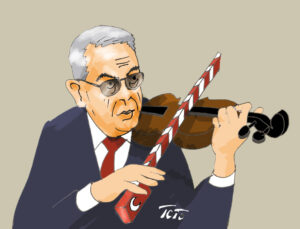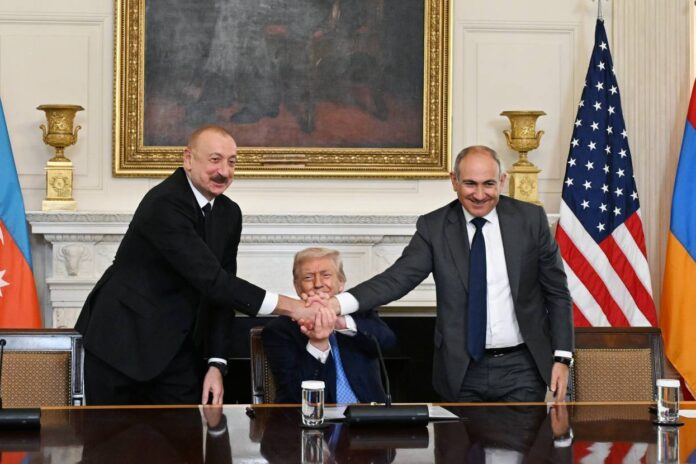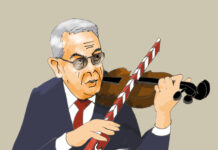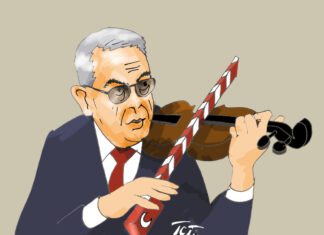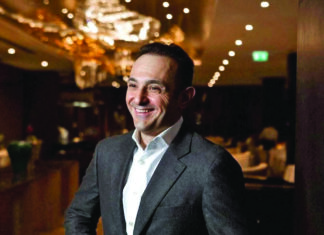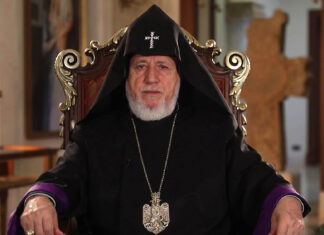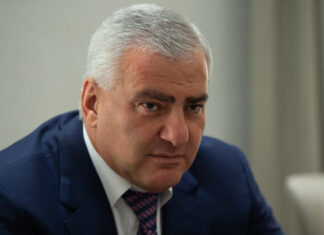News of the deal that Donald Trump believes might win him the Nobel Peace Prize did not make front-page headlines in Germany. What sparse coverage appeared was light on content, and less than enthusiastic in tone. The general line was: a deal has been made, but there is a long way to go. The evening news on German national television channel 1 focused on the agreement for a land corridor between Azerbaijan and Nakhichevan, calling it a “deal tailored to Trump’s taste,” and noted the damage done to Iran, by blocking its border with Armenia, as well as the demotion Russia would receive as regional power. Nonetheless, the gist was, it may be a big step in cooling tensions but it is not a peace agreement.
The position of the German federal government was expressed on August 8 by Foreign Minister Johann Wadephul, who said the agreement meant “hope for many people in Armenia and Azerbaijan who look back on a long past with conflict, expulsions, and suffering.” He seemed to claim a share in the “success,” saying Germany had been “pursuing this aim with its partners through regular high-level exchanges,” and referenced peace negotiations in Berlin last year.
The thinking in government circles could be gleaned from articles appearing in publications of the two coalition parties ruling in Berlin, the Social Democrats (SPD) and the Christian Democrats (CDU)/Christian Social Union (CSU). The gist was: underneath the typically bombastic Trumpian rhetoric of a historic peace, etc., the reality is yes, progress has been made, the decades-long conflict has been suspended, but it is still a long way to peace.
‘Handshake … for the Moment?’
An expert on the region, Marcel Röthig, who was interviewed on television, issued a detailed analysis in the Journal for International Politics and Society, published by the Friedrich Ebert Foundation, a thinktank close to the SPD. Röthig, based in Tbilisi, is the director of the foundation’s South Caucasus regional office and is responsible for Georgia, Armenia, and Azerbaijan.
Whether the “peace” orchestrated by Trump, he writes, holds or not is uncertain, but it has reshuffled the cards in the region. With pungent irony, Röthig says that it seemed as if Azerbaijan’s President Ilham Aliyev and his Armenian counterpart Prime Minister Nikol Pashinyan were “competing to see who could propose Trump for the Nobel peace prize.” Big talk, quotes from the Bible and Louis Armstrong provided the pomp, but it’s just a beginning, he adds. Pashinyan is under pressure from the opposition for having omitted key demands for freeing the Armenian prisoners as well as the right of return for the Artsakh Armenians expelled, Then the other serious omissions: defined borders and security guarantees in the event of renewed.
